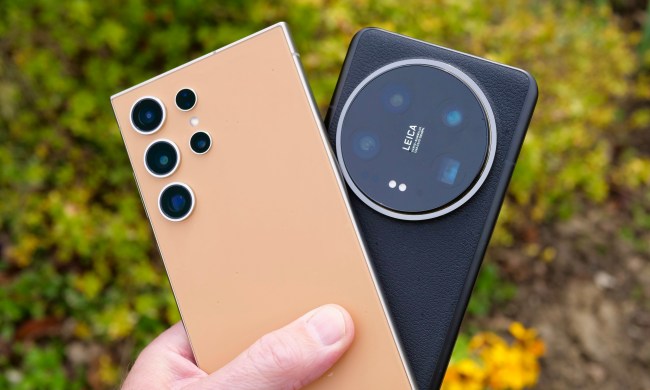
How’s this for timing? In an interview with the Korea Times, Samsung’s mobile chief, JK Shin, has been quoted as saying, “Yes, our next smartphones will have 64-bit processing functionality.” Samsung is a firm known for coming up with technically impressive processor hardware, take the new Exynos 5 Octa for example, so it’s no surprise to hear it’s busy pushing the boundaries.
Except if you’ve been following the news, then you may have heard about the iPhone 5S, Apple’s new smartphone which just happens to boast the world’s first 64-bit smartphone processor. Coincidence? No, of course it’s not. Samsung’s JK Shin said he followed the coverage of Apple’s launch event, before adding that 64-bit chips may take a while to appear inside a Galaxy smartphone or tablet.
This isn’t a surprise, as Android is only compatible with 32-bit processors at the moment, so Samsung and other Android manufacturers will have to wait until Google adds support in a future version. Will it be 4.4 KitKat, or the version afterwards? We’re still waiting to hear what goodies KitKat will contain, so there’s still a chance it’ll come sooner rather than later.
It’s not the end of the world if Android phones have to wait for 64-bit chips, as according to analysts, it’s going to take a while for smartphones to make the most of their abilities. Performance will certainly be improved, but most apps won’t have been built to take advantage of it just yet, while RAM will also need an upgrade to see large gains. So, if looked at this way, introducing 64-bit now is Apple’s way of building for the future.
Elsewhere in the interview, Samsung officials told reporters the firm wasn’t all that worried about Apple setting its sights on China and other emerging markets with the iPhone 5C, saying it would take more than a “strong brand awareness” to make it. An anonymous Samsung executive said, “We have no reason to allow Apple to steal market share from us,” as in China the company has, “Better pricing, a diversified product line-up, and solid partnerships with local networks.” Put like that, it’s hard to disagree.



